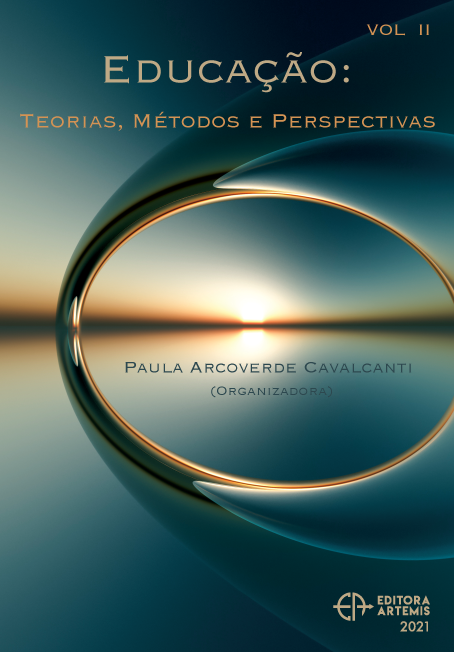
APRENDIZAGEM COOPERATIVA BASEADA EM QUADROS BRANCOS
No ensino tradicional, a maior parte do tempo de aula é passada com o professor a expor o conteúdo programático e com os estudantes a observarem/ouvirem. Os estudantes trabalham individualmente, sendo a aprendizagem cooperativa secundarizada ou desencorajada. Em contrapartida, no ensino baseado em aprendizagem cooperativa, o foco passa do professor para os estudantes, que formulam e respondem a questões, resolvem problemas, realizam debates na aula; além disto, os estudantes trabalham em grupo as soluções de questões/problemas, numa interdependência positiva, mas com respeito pela individualidade. Neste artigo, descrevemos o seguimento de uma prática pedagógica de aprendizagem ativa/cooperativa, em sala de aula, com recurso a quadros brancos, na unidade curricular de Climatologia da FCUP; esta metodologia tinha sido iniciada com os mesmos estudantes, no ano anterior, no âmbito de uma unidade curricular de Física introdutória. Verificámos que a maioria dos estudantes já tinha adquirido competências cooperativas, sendo apenas necessário potenciar estas valências num número reduzido de estudantes. O uso continuado da metodologia permitiu-nos uma melhor identificação dos prós/contras da metodologia adotada. Em simultâneo, desenvolvemos uma crescente consciencialização dos procedimentos a seguir para um maior envolvimento dos estudantes nos assuntos lecionados, bem como para a melhoria da sua aprendizagem e, consequentemente, para o seu sucesso académico.
APRENDIZAGEM COOPERATIVA BASEADA EM QUADROS BRANCOS
-
DOI: 10.37572/EdArt_1804213161
-
Palavras-chave: Aprendizagem ativa, aprendizagem cooperativa, quadros brancos, resolução de problemas em grupo.
-
Keywords: Active learning, cooperative learning, whiteboarding, group problem solving
-
Abstract:
In traditional teaching, most classroom time is spent with the teacher delivering the lecture content and with students watching or listening to the lecture. Thus, the learning mode tends to be passive and the learners play little part in their learning process. Students work individually and independently to achieve learning goals unrelated to those of other students, and cooperative learning is discouraged. On the other hand, instruction based on cooperative learning changes the focus of activity from the teacher to the learners, in which students formulate and answer questions, solve problems, debate during class; moreover, students work in teams on problem’s solutions under conditions that assure positive interdependence and individual accountability. This article describes the follow-up of an active/cooperative learning strategy based on whiteboarding, in a Climatology course at the Department of Physics and Astronomy of the Faculty of Sciences of the University of Porto; this methodology started with the same students, in the previous year, in an introductory Physics course. Research results showed that the majority of students had already developed cooperative skills, and only a small group needed improvement. The continuous cooperative instructional approach allowed an evaluation of the pros and cons key points. At the same time, this cooperative strategy helped to develop an awareness raising of students’ engagement in learning environment, as well as the improvement of their learning and, consequently, their academic performance.
-
Número de páginas: 10
- TERESA MONTEIRO SEIXAS
- MANUEL ANTÓNIO SALGUEIRO DA SILVA

